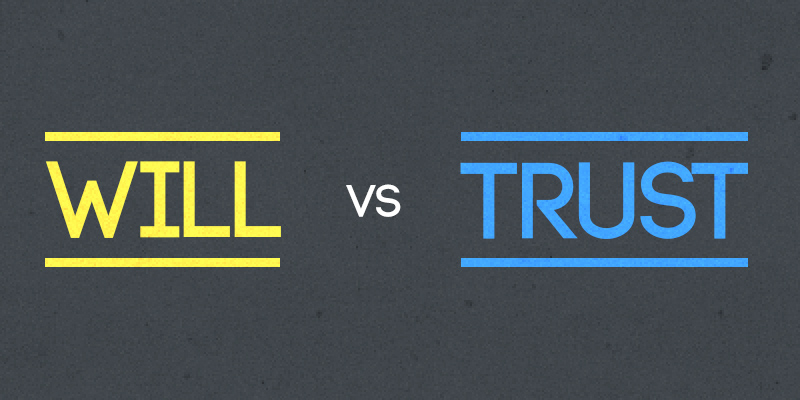
An estate is property owned by you at the time of your death including:
real estate, bank accounts, stocks, bonds, mutual funds, life insurance
policies, and personal property such as cars, jewelry, and art. Estate Planning ensures that your property
and health care wishes are honored, and that loved ones are provided for after
your death. Estate planning can include
wills, trusts, and health care directives.
According to Retirement Made
Simpler study, women and younger and lower-income adults were less likely than
men to say they participate in a 401k plan offered by their employers. Approximately 53% of adults feel that even if
their 401k account has lost value, it is as important to continue contributing
to it.
Everyone whether you work or
not should have a will and a trust. A trust helps to avoid estate taxes and
cannot be contested which prevents conflict and arguments among relatives after
your death.
A will is states how property,
income and possessions should be distributed after death and identifies a
person or persons who are authorized to manage the estate. A trust is a legal
agreement that allows a trustee to hold assets (property and income) on
behalf of a beneficiary. Trusts can be setup and distributed in many ways. There are benefits of having a will and benefits of
having a trust. You cannot have a trust without a will but you can have a will
without a trust.
Benefits of a Will:
- If no will court decides who gets your assets
- Living spouse and children get assets and if no children next to kin gets assets
- Identifies who will take care of children and who manages will
- Minimizes legal and court fees
- Laws vary by state
- No absolute right to estate
- Signed by 2-3 witnesses
Benefits of a Trust
- Maintains privacy
- Minimize gift and estate taxes
- Can’t have trust without a will
- Can put conditions on how your assets are distributed after you die
- Covers only specific assets (life insurance, property, etc.)
- Use if you have a net worth of $100,000 or more
- Use if you want to maximize estate tax exemptions
2 comments:
Hmm!! This blog is really cool, I’m so lucky that I have reached here and got this awesome information.
merchant cash advance calculator
I thought haven’t read such distinctive material anywhere else on-line.
payday loan austin texas
Post a Comment